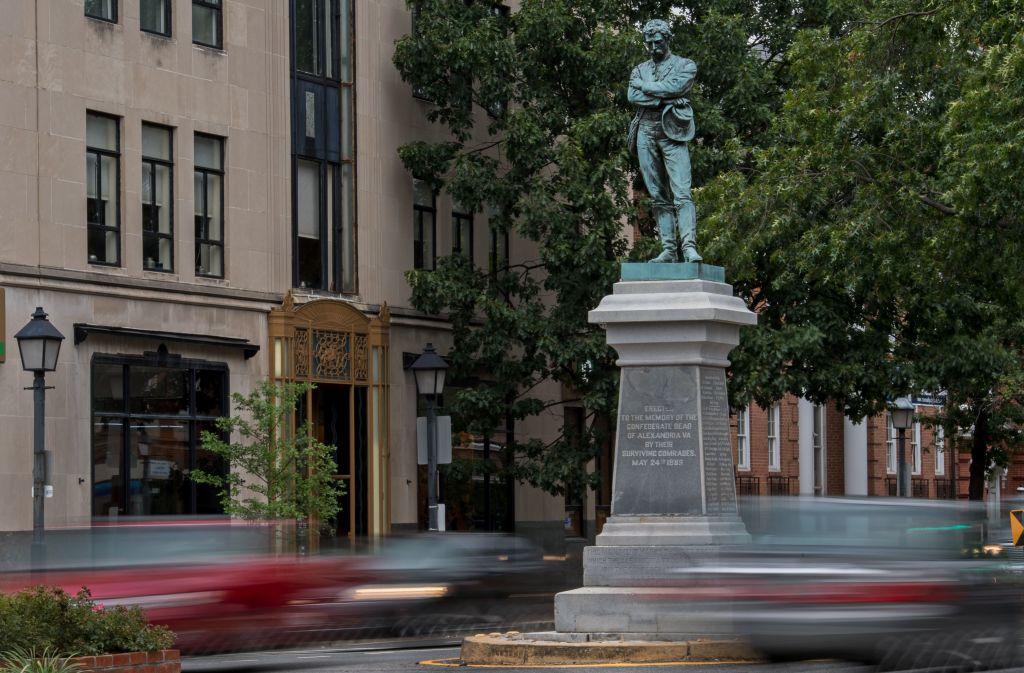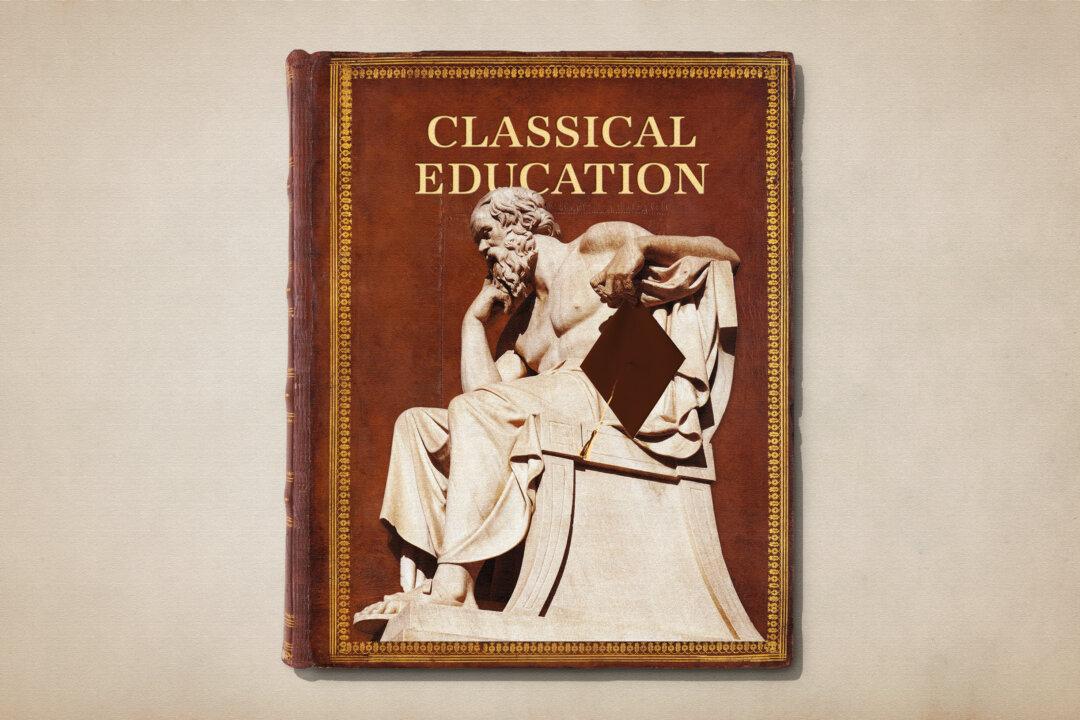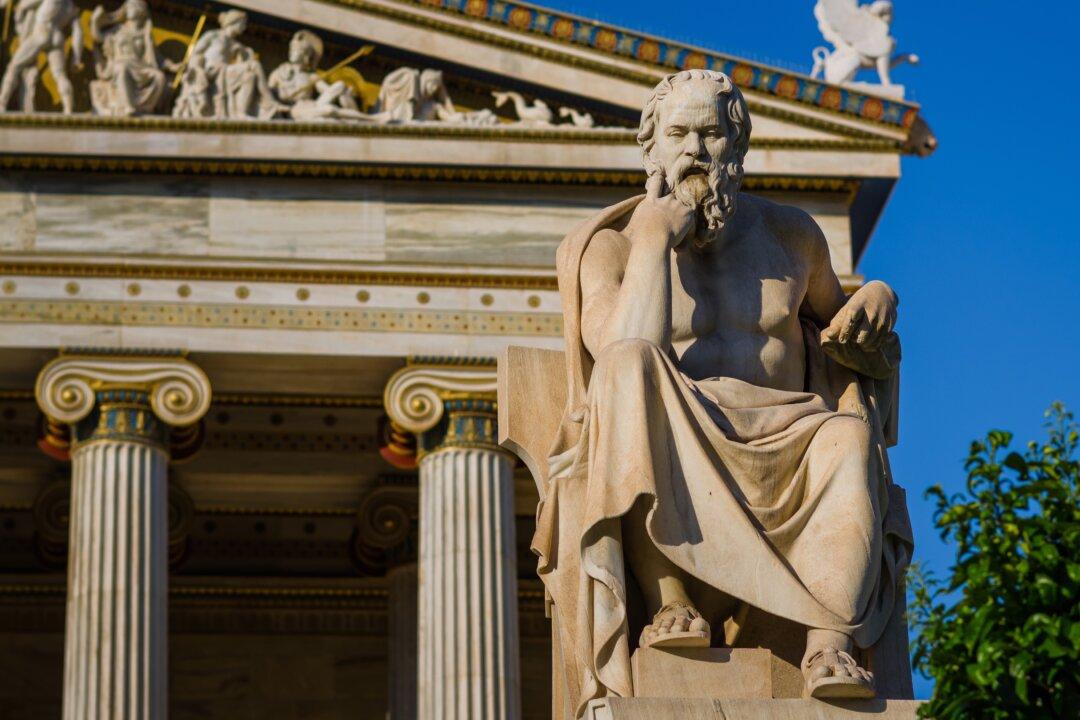Commentary
I live on Lee Street in Alexandria, Virginia. Yes, that Lee—Robert E. grew up a few blocks away. We also have Jefferson and Franklin Streets, and King, Duke, Prince, and Princess, which go back to the 18th century. Alexandria is where it is because further north, the Potomac River gets too shallow for shipping. It was a merchant town from the beginning, including a large slave market, with town leaders generally careful to avoid political tensions when they could.





